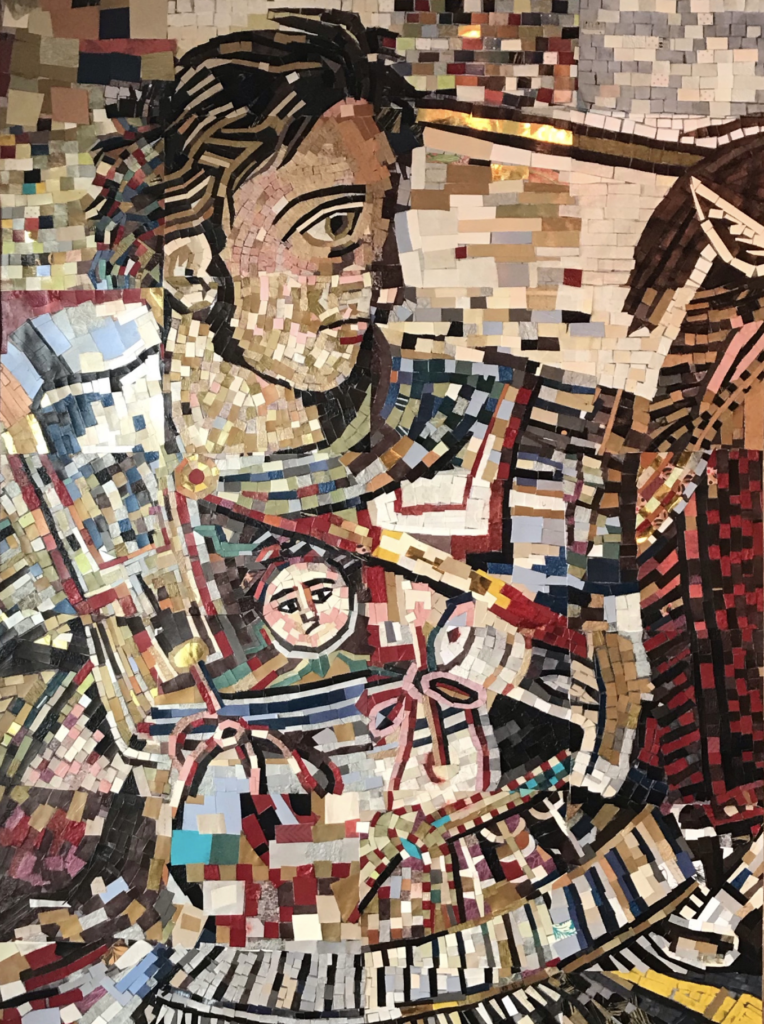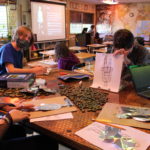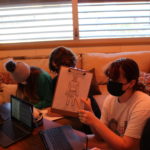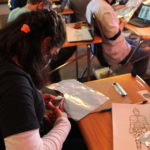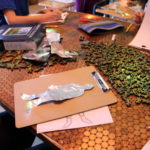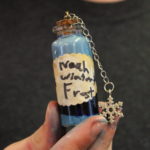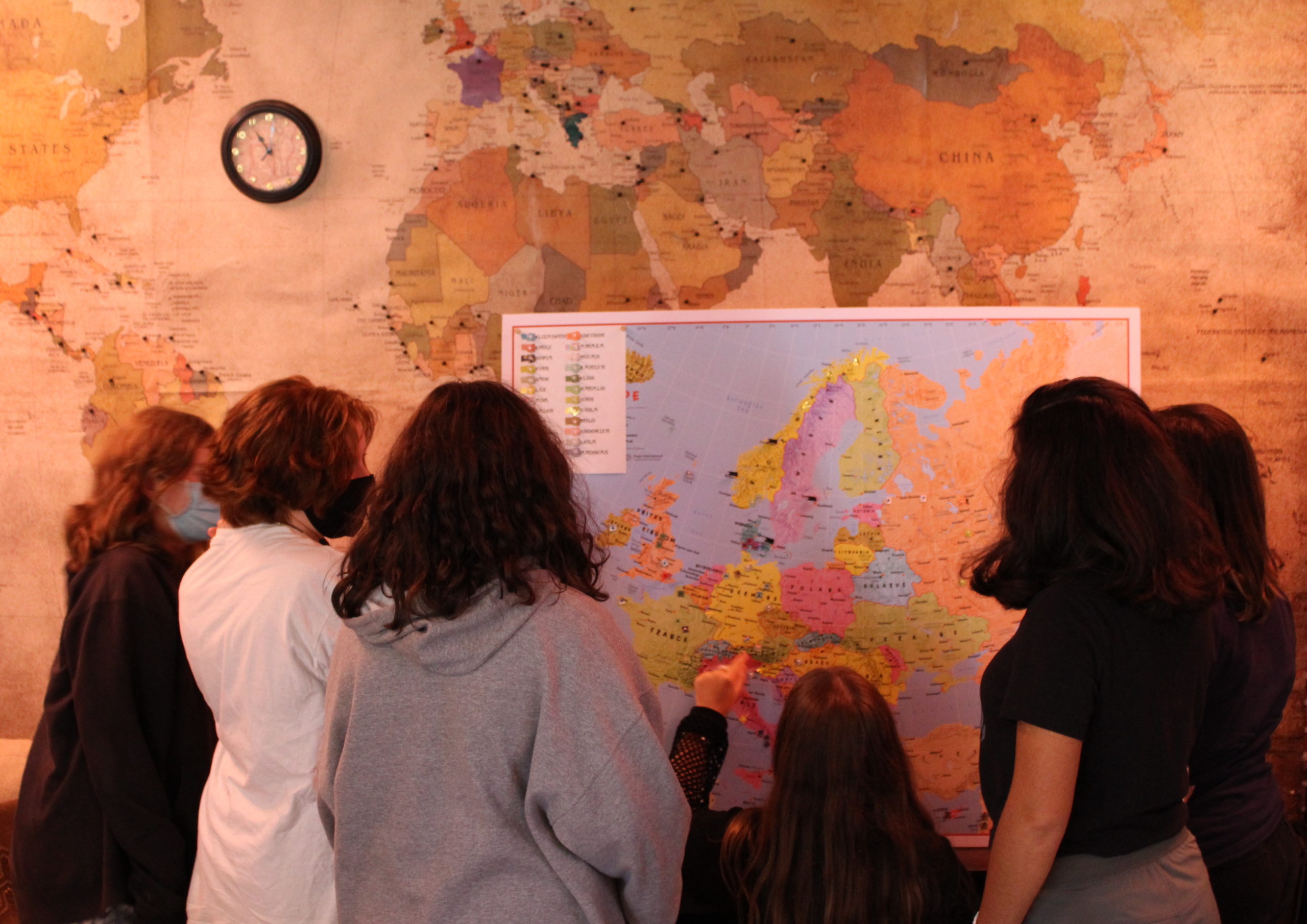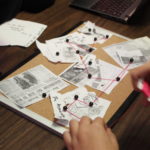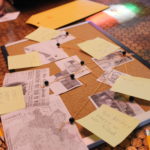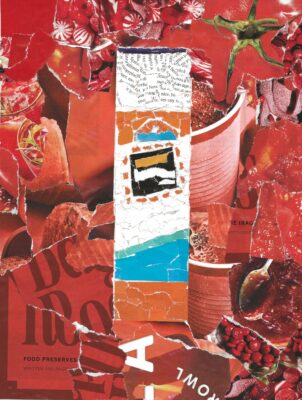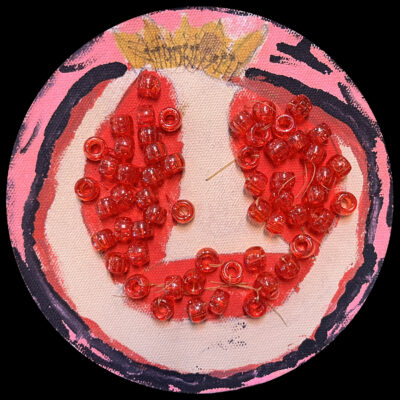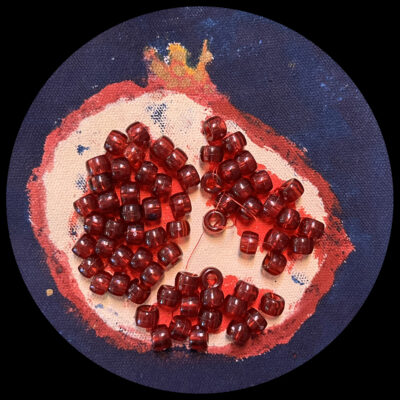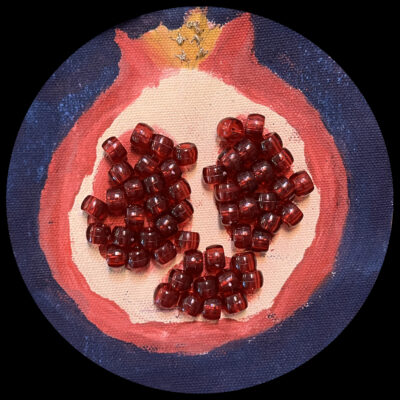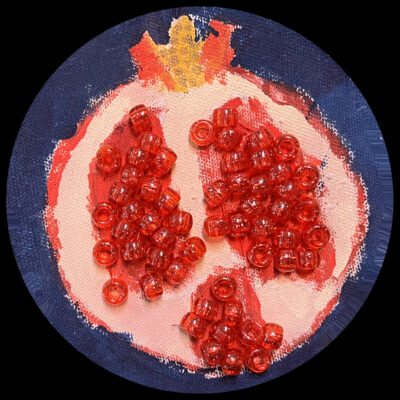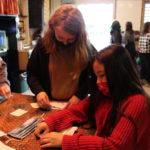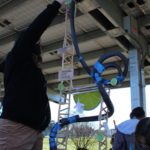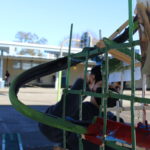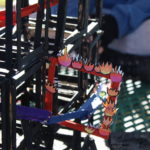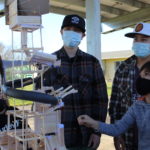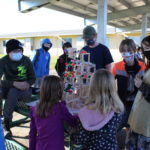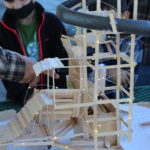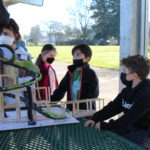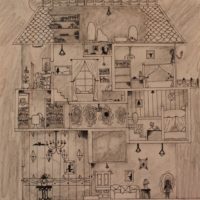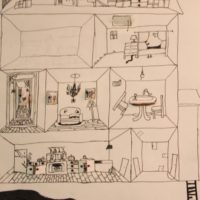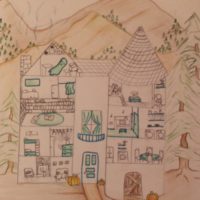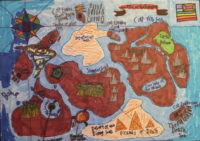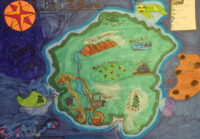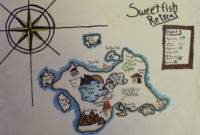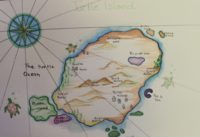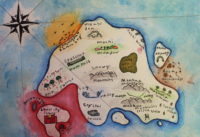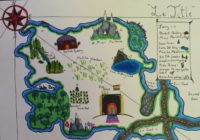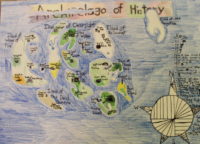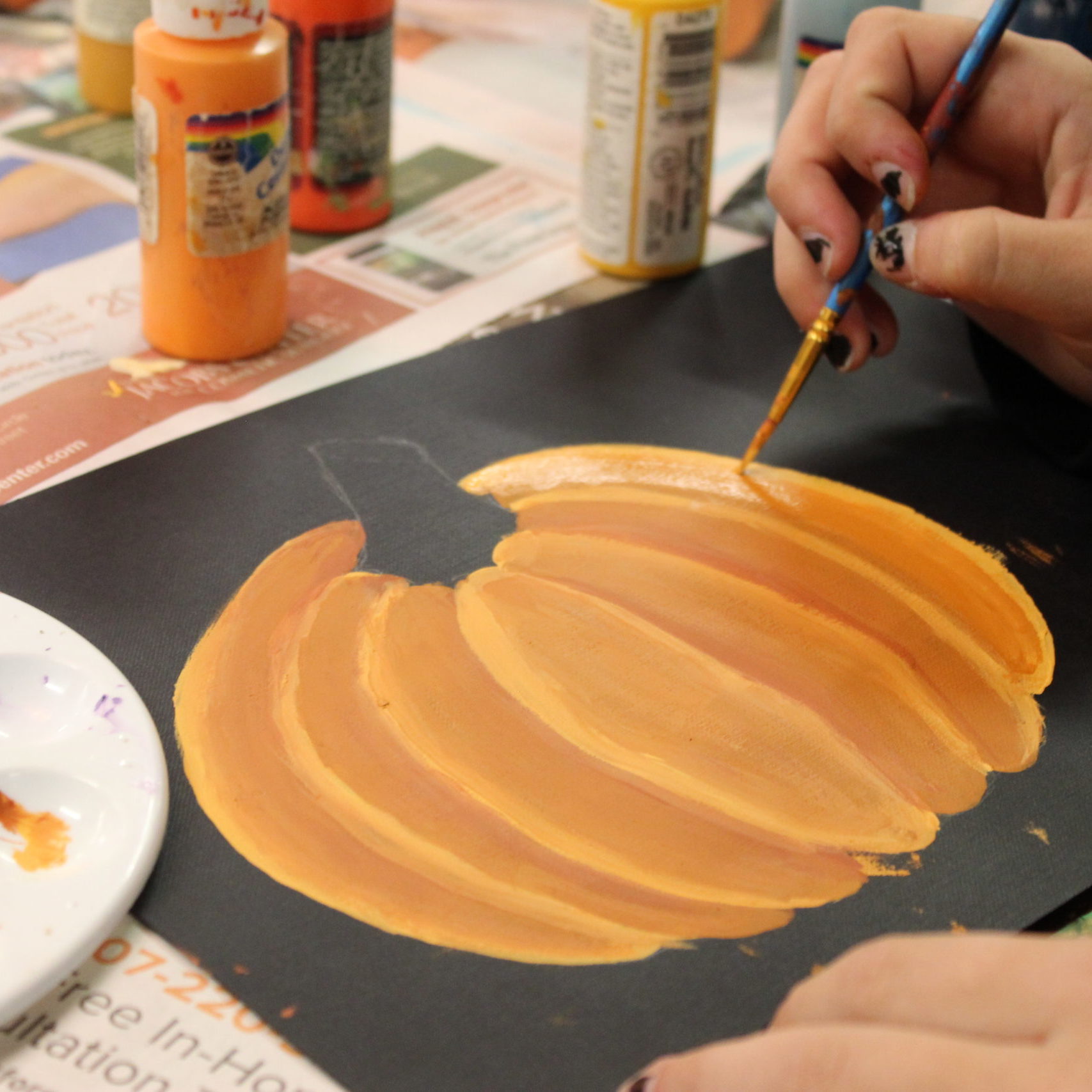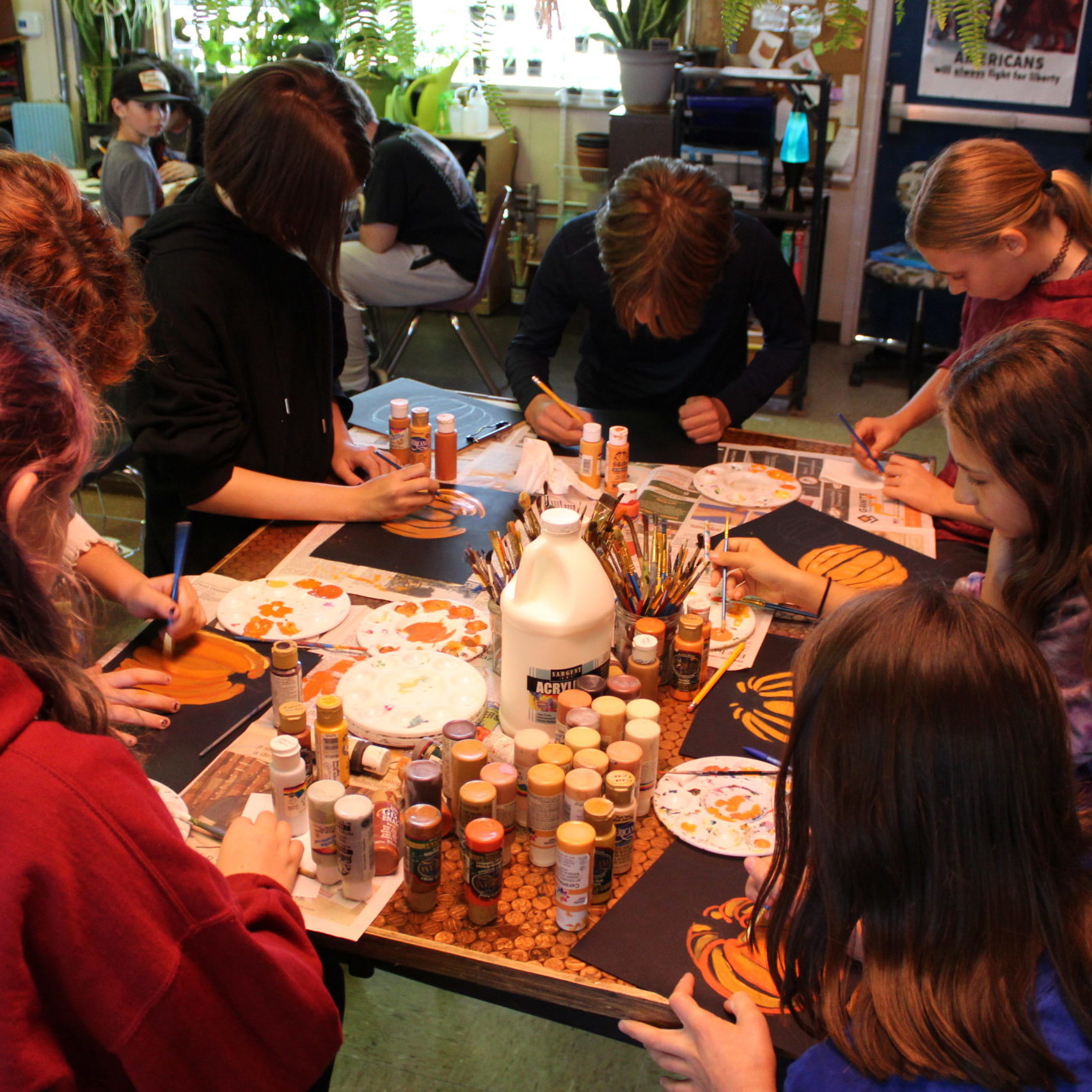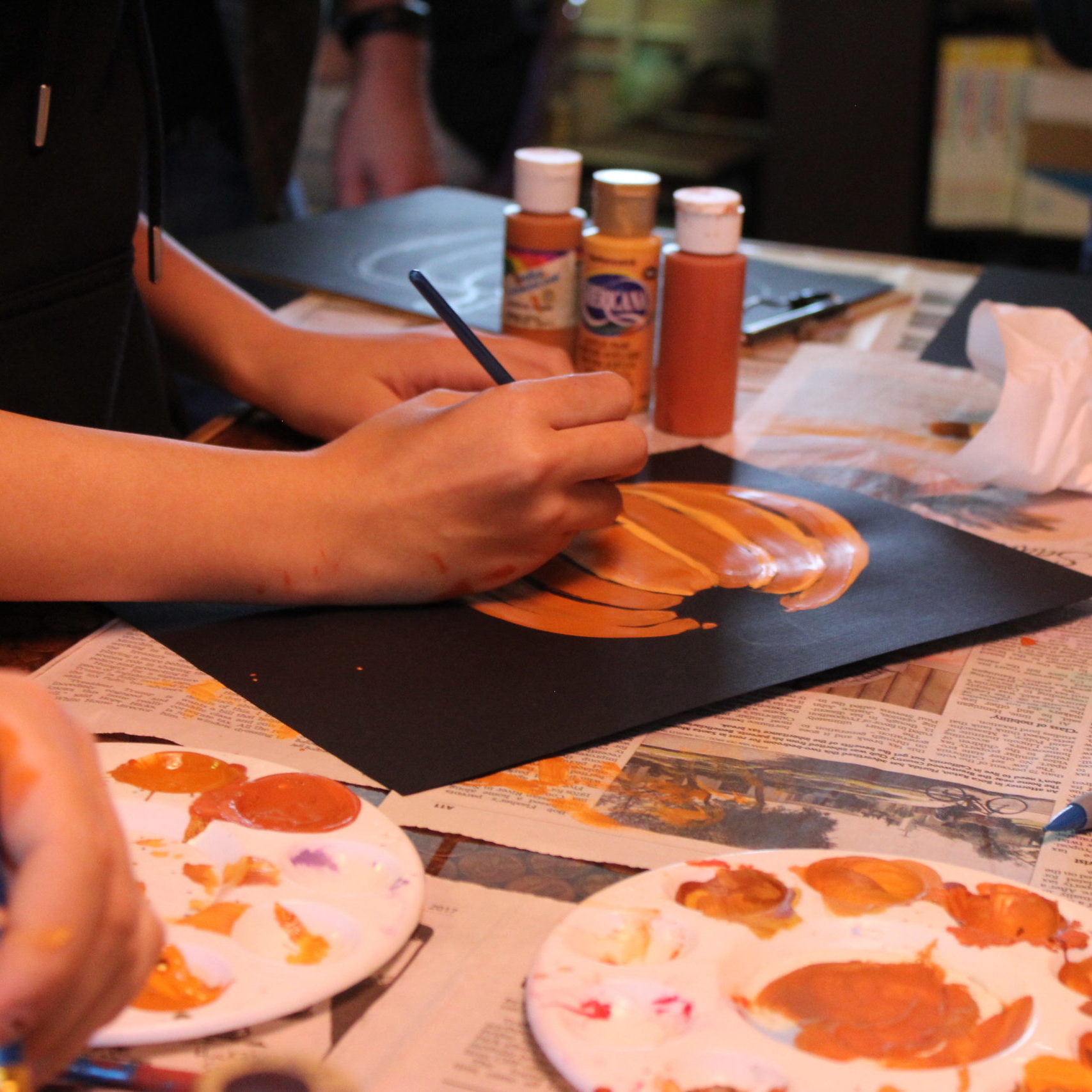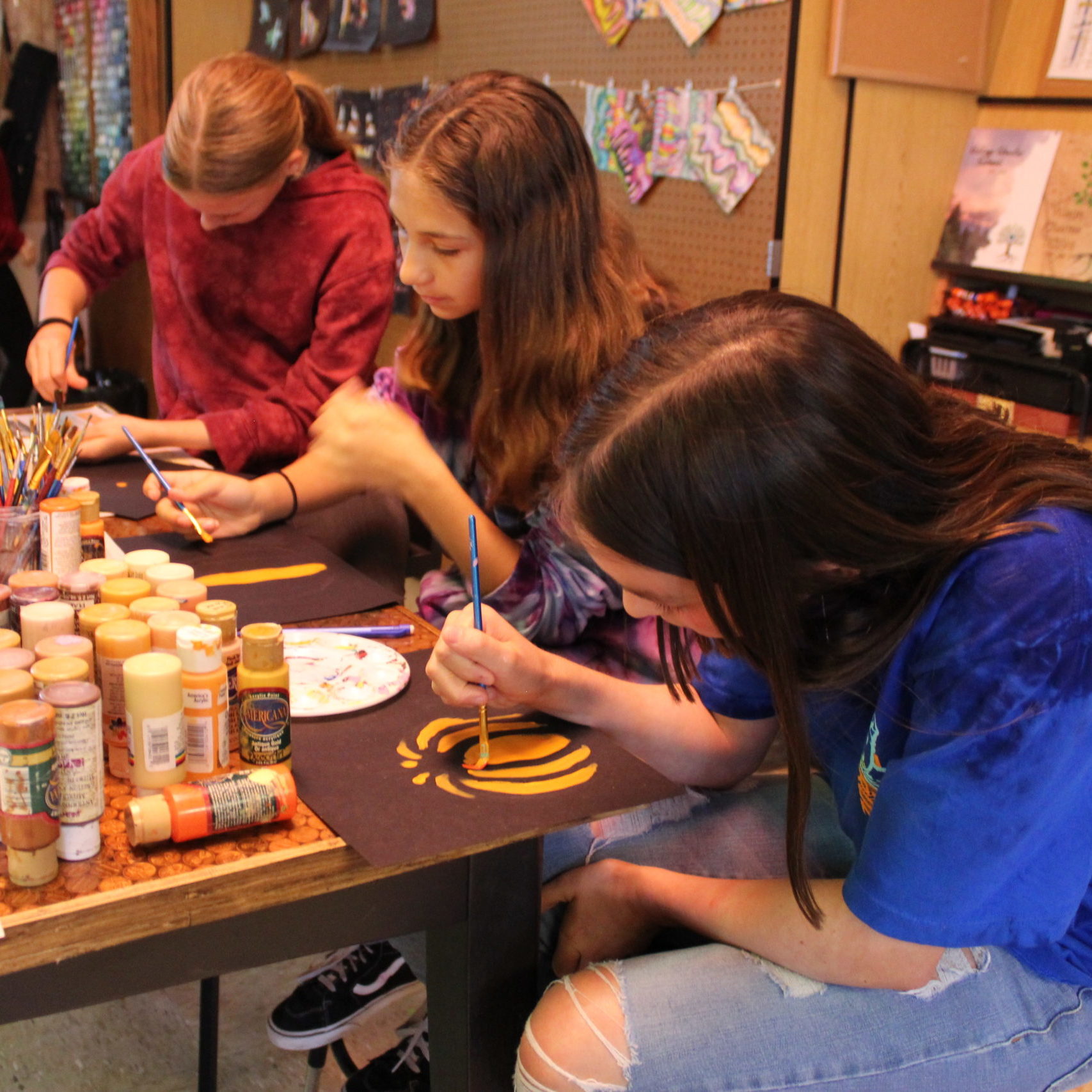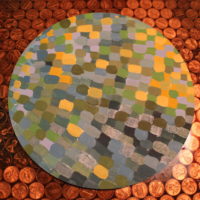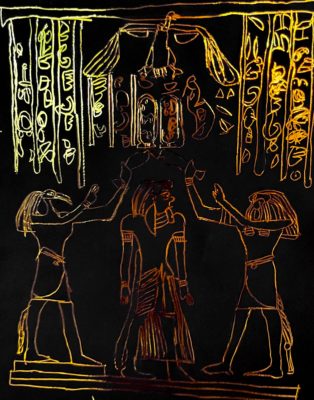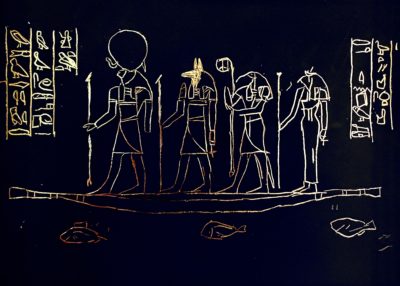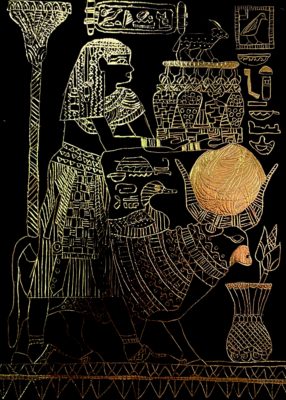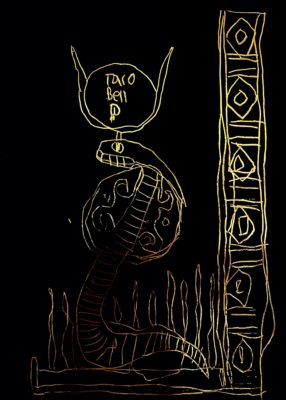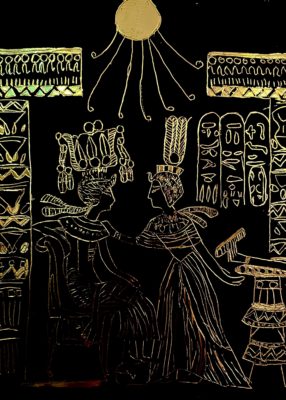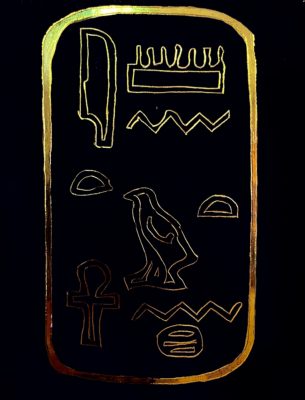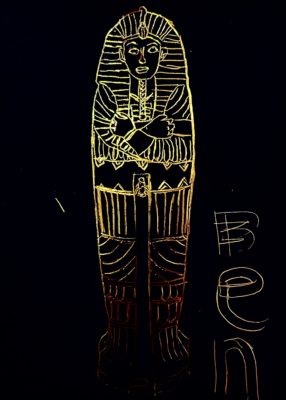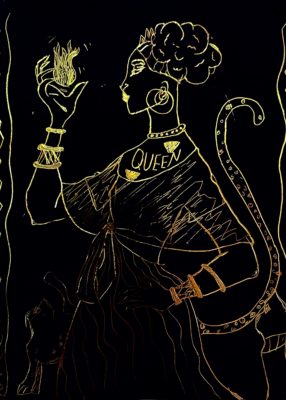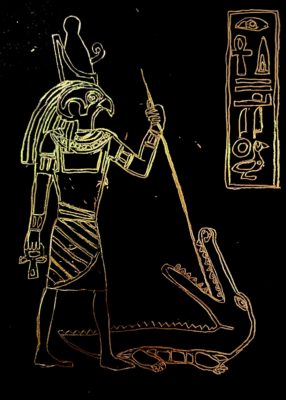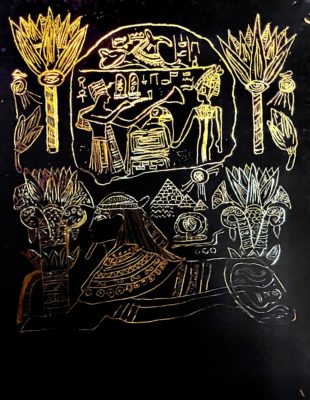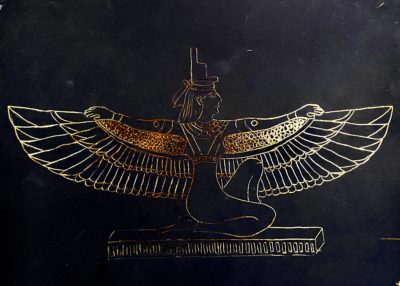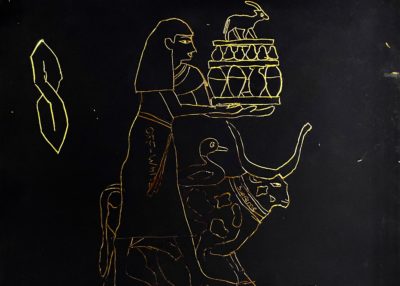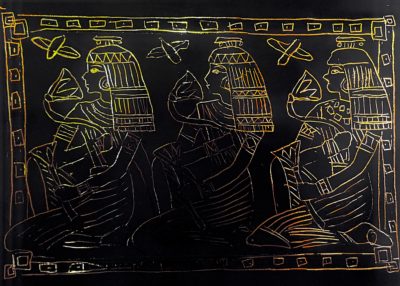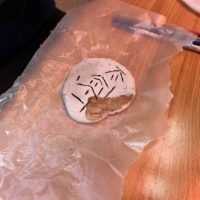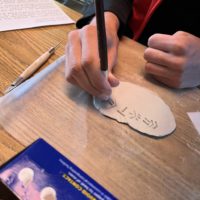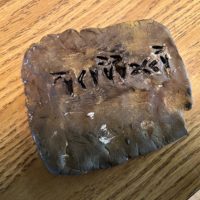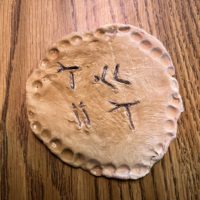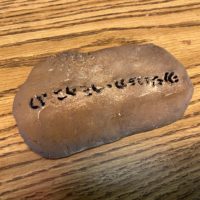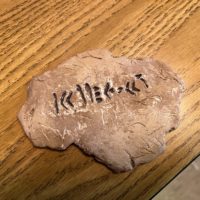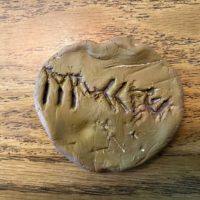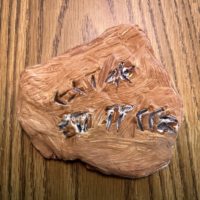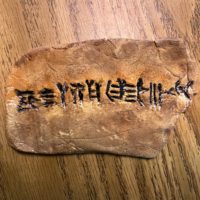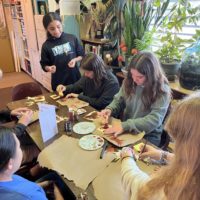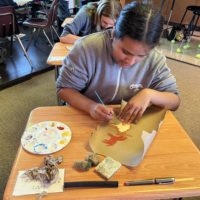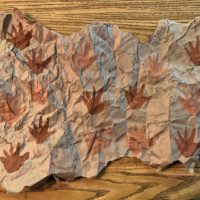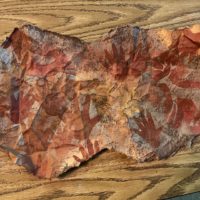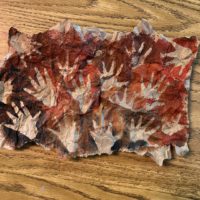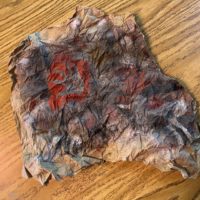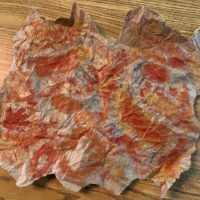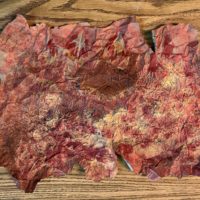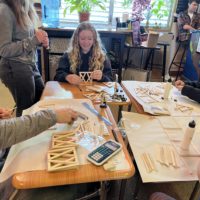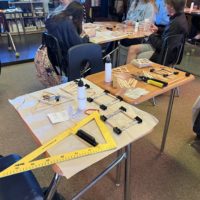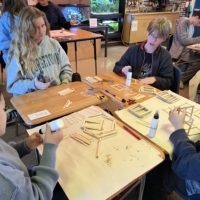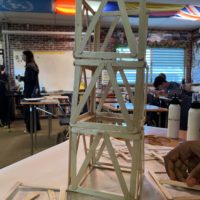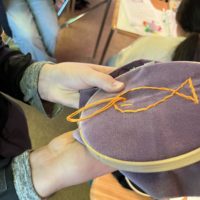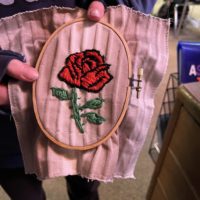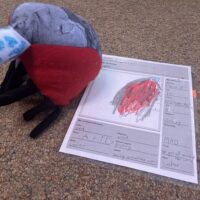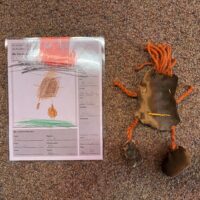History & Social Sciences
Mr. Robbins’ program is a three-year rotation. Taken as a complete cycle, the three years provide a complete overview of western civilization, as well as introductions to numerous other cultures and peoples.
2024 – 2025
We are here
Year 1 covers Ancient Civilizations, spanning from early civilization in the Near East to the decline and dissolution of the Greco-Roman world.
Students participate in two simulation games: the Cities of Greece, where they work with teammates to plan and expand a Greek city state in the classical period, followed by the Legions of Rome, where each student becomes a senator in the old Roman republic, striving to obtain power, and, ultimately, seek the imperial laurel.
Cities of Greece
Rules and Play
You are a citizen in one of six CITIES OF GREECE.
Your goal is to build the wealth, power, and culture of your city through careful planning and strategic thinking.
You will need to raise armies, build magnificent monuments, found colonies, and make allies across the Mediterranean in your quest. You will also need to manage the ever-present Persian Empire to the east, who always threaten to invade your land!
Perhaps, if you manage your city carefully, it might become the forge of an empire that will remake the world!
If not, your city might be destroyed and your people enslaved. It happens.
- You will need to work with your fellow citizens. Each week, you will meet with your government and decide who will oversee important tasks for your city.
- Then, you will advise your leader on how you should assign your city’s wealth and population.
- Finally, you will undertake a weekly Crisis, a task that requires your whole city to work as a team. Your success will determine if your city receives a bonus or a penalty to your tasks that week.
- Your leader will submit your decisions for review.
- You will be updated on the outcome of your turn and your resources will be updated at the end of each week.
- There are three resources you earn with weekly tasks: food, wealth, and culture.
- Your food affects your population, which is a separate resource.
- Each citizen generates Power by completing weekly assignments: usually the English assignment, the History Review, and the math sections. Your Power is determined by the number of points you earn on each.
- The amount of a resource you generate is equal to your Power that week.
- You can use some resources to create Buildings in your city. These generate resources each week automatically.
- Culture can’t be destroyed and is probably the score that will win you the game.
- In ancient Greece, wealth was measured in many ways. Wine, slaves, food, art, and coins were all ways people stored and traded value.
- Your city will earn wealth depending on which citizens are assigned to Craft.
- You must protect your wealth! Excess wealth can be stolen by enemies.
- Wealth is used to buy buildings in your city.
- You earn food by assigning citizens to Farm. Each citizen earns as much food as their Power that week.
- For every 25 food your city stores, you gain 1 population per week. You can’t control this growth!
- Each population in your city eats 1 food per week. This is done automatically.
- If your food falls to 0, any unfed population starve or flee the city.
- Culture represents myths, music, poems, art, and philosophy–all the intellectual products of your civilization.
- Culture is earned by assigning citizens to Think.
- Culture is never used directly, but it cannot be stolen or lost: once gained, it is yours forever.
- Your population will rise when you have extra food and lower if you don’t.
- Population gives bonuses to Citizen Power on tasks!
- Each point of population can be assigned as a “bonus” to your citizens. If you have 10 population, you can assign them to your citizens to increase their power.
- For example, if Bob is assigned to Craft, and he has a Power of 23 that week. If he is given 3 population, his Power is now 26. His city gains 26 wealth this turn.
- You should make sure to assign your entire population each turn. Remember each point of population can only be assigned to one Citizen per week.
- A higher population can be hard to feed but is helpful to build a powerful city.
- Citizens assigned to Guard protect the city from raiders.
- Citizens assigned to Raid target the city with the highest wealth score that is NOT allied to their city.
- Multiple citizens can guard or raid: their Power is combined.
- A city can only be the target of 1 other city’s raid per turn. If a city has been raided, the next raiders will attack the second-wealthiest city, then the third, etc.
- If a city is attacked, the Power of the attacker is compared to the power of the Guards.
- If the attacker’s Power is less than the Guard power, the attacker loses. The defending city gains culture equal to the difference between their Guard power and the attacker’s power.
- If the attacker’s Power is greater than the Guard Power, the attacker steals wealth and food equal to the difference between their attack power and the Guard power of the target.
- Every city starts with an Acropolis that protects 50 of each resource from attackers.
- Extra population can be sent out to form colonies.
- Populations used to build colonies permanently leave your city, but your city gains a colony on the Political Map.
- Citizen Power dedicated to colonies creates the colony’s Defense value against raiders.
- Population assigned to Colonize permanently leave the city!
- Your colony will send you Wealth and Culture every week equal to its population, and it requires no food.
- Colonies are best used if you think you might face starvation soon.
- Each turn you may order new construction in your city.
- To construct, fill out the Construction page on your weekly Task chart.
- Buildings provide permanent bonuses but cost resources to build.
- Every week, your city will face a Crisis. You should work with your team to resolve it.
- Your reaction to the Crisis could give bonuses or penalties to your Citizen Power, resources, and even buildings.
- At the end of the game, a series of extreme Crises will destroy your world.
- Only a strong city can survive.
- The city with the highest combined culture, wealth, food, and population wins the game!
- Every city can dedicate a temple to one of their patron gods. This costs gold and requires a Construction Project.
- A temple gives permanent bonuses to your cities Culture and wealth, but requires huge amounts of wealth.
Minor Temple
100 Wealth
Major Temple
300 Wealth
Legendary Temple
500 Wealth
3. Beyond wealth, the temple requires a Temple Project! A temple project requires a Google Slideshow of blueprints. (More info will be given…in time)

Year 2 takes students into the Middle and early Modern ages, beginning with the tumultuous European middle ages.
Students participate in the Kingdoms game, where they guide their feudal dynasty through centuries of trade, intrigue, and of course, castle-building.
We then enter the renaissance and age of exploration, culminating in the settlement of what will become the United States of America.
In our Merchant Princes game, set in the complex 17th-18th centuries, students build commercial empires and seed the modern world as they chart the entire globe for the first time in human history.
Master Smiths Forging The Finest Plate Armor
King Arthur Illuminated Manuscripts
Tiny Apothecary Project
Building Medieval Torsion-Powered Siege Engines
Medieval Kingdoms
Mr. Robbins’ strategic management simulation in which students take on the role of the landed aristocracy in medieval Europe
What is your objective?
You are a noble in a medieval kingdom!
You will work to become Emperor; failing that, to not lose your head.
You will work with your fellow nobles, and possibly those of nearby kingdoms, to gain the power to survive various challenges that threaten to destroy your kingdom.
You are a noble, and in addition to smiting your enemies, you must manage your realm. To begin, you own a single Estate, a property you own.
Each turn, you may expand and build or seize new estates. When this occurs, you gain resources from that estate.
An estate’s productions depend on its layout and the feudal contract that tells what it produces in total. Never lose these documents!
All your resources are shared across your estates, so some can produce what others consume. Specializing your estates is probably wise.
You keep track of all your possessions in your Ledger , a simple spreadsheet. Never lose your ledger!
Manors are the basic form of medieval life. These are small villages dedicated to farming and simple crafting. In-game, manors produce raw materials and knights.
Cities consume large amounts of raw materials, but produce many of the most advanced resources, such as massive siege engines that can destroy castles.
Monasteries produce large amounts of culture and education.
Castles are massive fortresses that defend your realm and let you organize armies to invade others. Castles are the pride of a kingdom!
There are four major details on each map:
Pins represent Manors or Monasteries , Flags represent Towns, and Strings represent trade routes. Castles are large, blocky pins.
Each town can connect to two other towns with trade routes. Trade routes earn gold!
Connecting a town to a trade route earns 1 gold for every town on that route. (A trade route that goes through four towns earns 4 gold for each kingdom connected)
The map is divided into a grid with latitude and longitude lines. Where they meet, they form “squares.” These are called Map Squares.
Every week, consult with your fellow nobles. Decide on what to build, what to conquer, and if you are going to war.
Fill out the Action sheet and submit it. Depending on the action, you may need to include maps, Army Rosters, etc.
As soon as your documents are submitted, you can update the map. Remember that attacking armies take an additional turn to arrive, so the defenders will probably prepare.
Each turn, there are six major actions you can do:
Action: Building
- Manors and Monasteries can be settled for free.
- Each new estate requires a map and contract, which remains in your portfolio.
- You can have a number of manors and monasteries equal to your rank.
- Castles require power , a rare resource, to build.
- Cities already exist; you instead take control of them if they are unowned. Beware that cities need lots of resources to be effective.
Action: Capturing a City
- Unowned cities can be captured without a fight. They then require a map and contract.
- Cities already claimed must be fought for! See forming an army, ahead.
Action: Establishing a trade route
- If you own a city, you can establish a trade route by connecting it to another city.
- As long as you own that city, you gain 1 wealth per every city connected to the trade route. (If 10 cities are connected, everyone involved gains 10 wealth.)
- Wealth from trade routes counts as “Trade” income in your ledger.
- Trade routes can be broken if any city along the route is captured by someone who does not want to maintain the route, or if the original owner simply no longer wants to allow traders through their land.
- If losing a trade route causes your wealth to become negative, you must trade resources until it becomes positive. You may need to find a new trade route or rebuild a city to make more wealth.
Action: Forming an Army
- Fortune favors the brave.
- You and any allies send knights, men-at-arms, machines, and possibly mercenaries into an Army.
- You and your allies fill out the Army Roster page, listing your war resources.
- Knights and Men-at-arms are your best soldiers, while machines are required to attack large castles. You can spend wealth to hire mercenaries, though they are not as good as knights.
- While in an army, whatever you send is not available to defend or attack other locations. Be wary!
- An army is represented by a tag on the map. Once created, you select a target and describe the path. If you pass through another lord’s lands, you need their permission or they might harass your army, weakening it slightly.
- The next turn, you reach your target. Targets can be cities or castles; castles defend the cities near them. There are no surprise attacks; the defenders will have that turn to gather their own Army Roster.
- When armies meet, the commanders of the defenders and attackers roll die for each soldier in the army. Knights use a 10-sided die, men-at-arms use an 8-sided die, and mercenaries use a 6-sided die.
- Rolls of 1 or 2 are casualties: those units are removed from the Army Rosters. However, you can only lose as many soldiers as your enemy army currently has. Weaker units are removed first.
- The battle continues until an army has no further soldiers. The other wins!
- If attacking a castle, the attacker needs more machines than the defender has Defenses, or they must siege the castle. Their army cannot return home for an extra turn, even if they win the battle. This allows defenders a second chance to attack!
- If the attacking army wins, they claim the castle or city. The army disperses and must be reformed. The castle or city must be rebuilt before it is active again.
- If the defender wins, the attacking army is dispersed and all defenders gain 1 gold coin in trophies.
Action: Adventuring
- Nobles often travel, seeking fame and fortune. Adventuring can bring honor.
- Completing an adventure requires submitting a 3-5 paragraph report on a subject you know about, care about, or find interesting.
- An adventuring noble gains 1-3 gold coins, depending on the quality of their report.
Action: Rebuilding
- When you capture a city or castle, it becomes damaged. You do not immediately gain its resources, and castle defenses do not work. You must spend an action to rebuild it.
- Once rebuilt, the city/castle give you full access to their resources.
- You can choose to change the map of the city or castle when rebuilding, to gain different resources. This works like building a new estate.
- You can also rebuilt your own cities or castles at any time, without needing to conquer them.
Alliances can pool resources to defend or attack.
You can give estates to your allies without a fight; however, only one person in an alliance can rise to the rank of Queen/King.
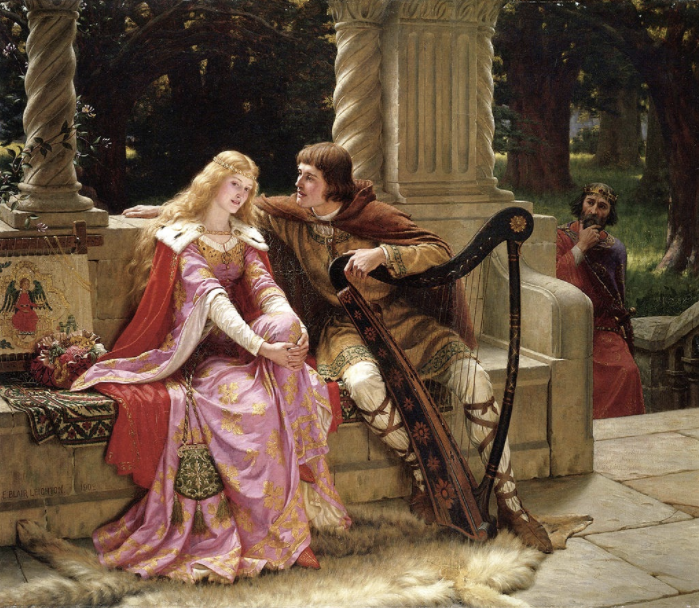
Crises are random events that occur. Each one requires different ways of solving the crisis.
If you can solve the crisis, you gain bonuses.
Some crises can cause damage to an unprepared kingdom, but you will be warned.
Duels can be used to solve many problems. Duels are done with a simple game of Chess.
Duels can resolve issues such as two nobles attempting to claim the same city, or even avert battles!
If two armies are fighting, the leaders can agree to a duel instead. If one side is willing to duel but the other refuses, that side gains an additional 12-sided die representing their brave leader.
Defenders always play white.
You begin weak and small, at the bottom of the noble ladder.
Each tier requires power, a rare resource. Power is generated in cities and monasteries.
To become a Duke, you must rule a capital city. Those are marked on the map with stars.
To become a Queen/King, you must rule 3 capital cities.
To become an Emperor, you must rule 5 capital cities.
The first player to reach the Imperial tier wins the game.

Year 3 focuses on the modern period, beginning with the French Revolution and following the expansion of industrialism and modern ideology across the world.
We follow US history through the 19th-century and the World Wars, typically ending with the Cold War.
Our overarching simulation, the Great Game, is a lighthearted spy game based on codebreaking and globetrotting, where the students seek to manipulate the emerging nations of the world into their own personal empires.
Students learning about conspiracies that shook the world by piecing together the evidence in 2022
Selected Past Projects
PlushPumpkins
September 2021
Sculpted Calaveras
October 2021

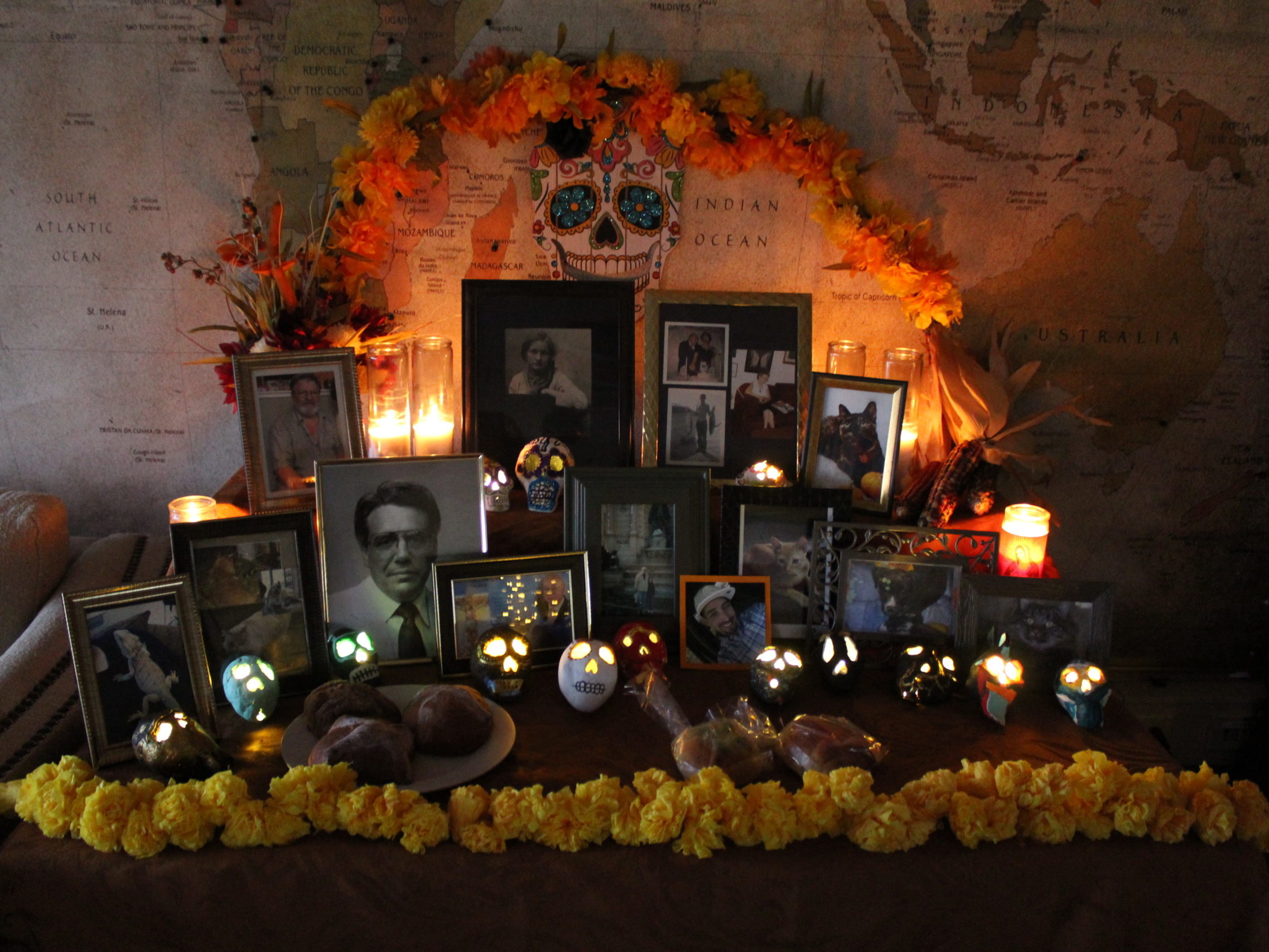
Each member of the class personalized a hexagonal cel for our collective honeycomb
August 2022

Wanted
- Towel washing volunteer
- A broom and dustpan
- Do you have videos of the middle school’s 2022 May Day performances? (May Pole Medley & Rainbow in the Dark Sword Dance) We neglected to record them, so please email
erobbins@villagecharterschool.com if you didn’t!
Next Library Visit
Tuesday, April 1
Upcoming Events
Play: The Legend of Excalibur
and Tales of the Round Table
date TBD
Pier 39 & Aquarium of the Bay
Thursday, May 22nd
Summer Dance
Friday, May 30th | 6:30 PM – 8:30 PM
Books

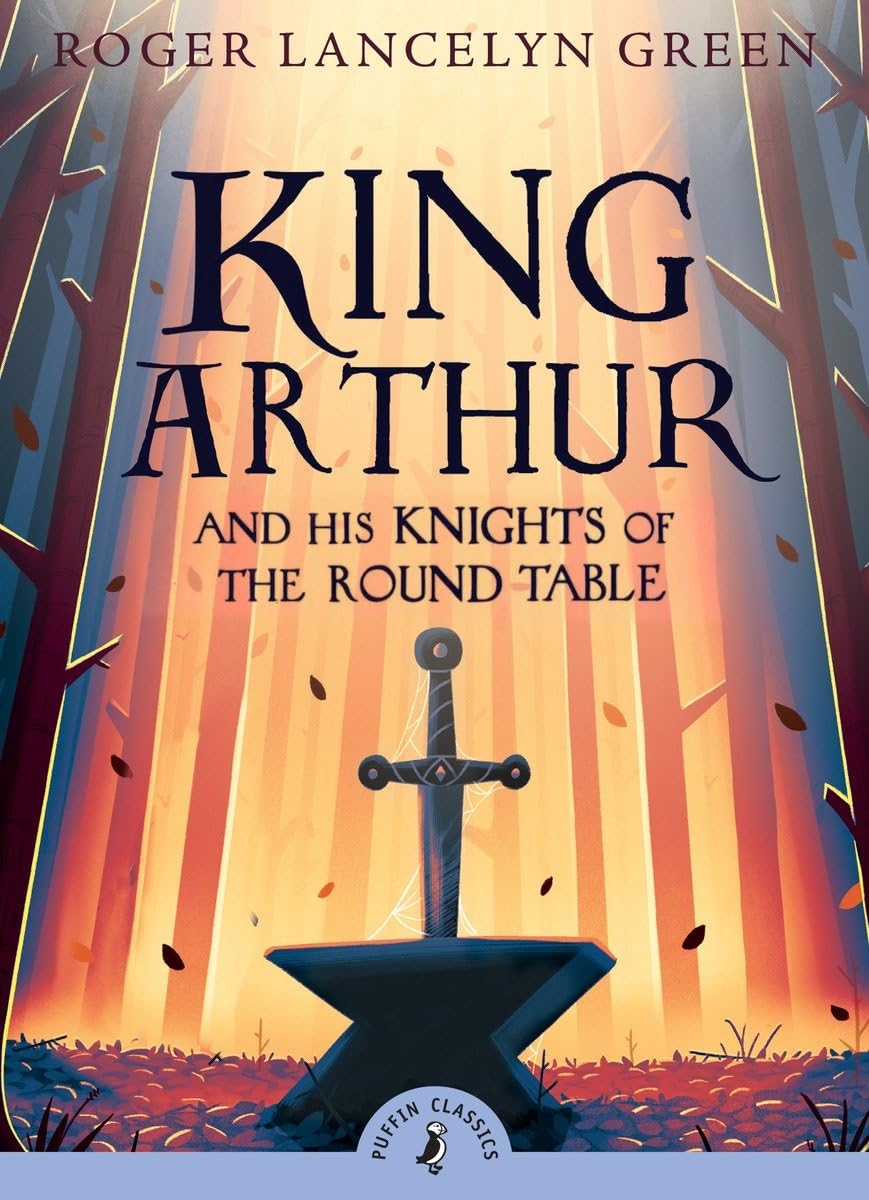

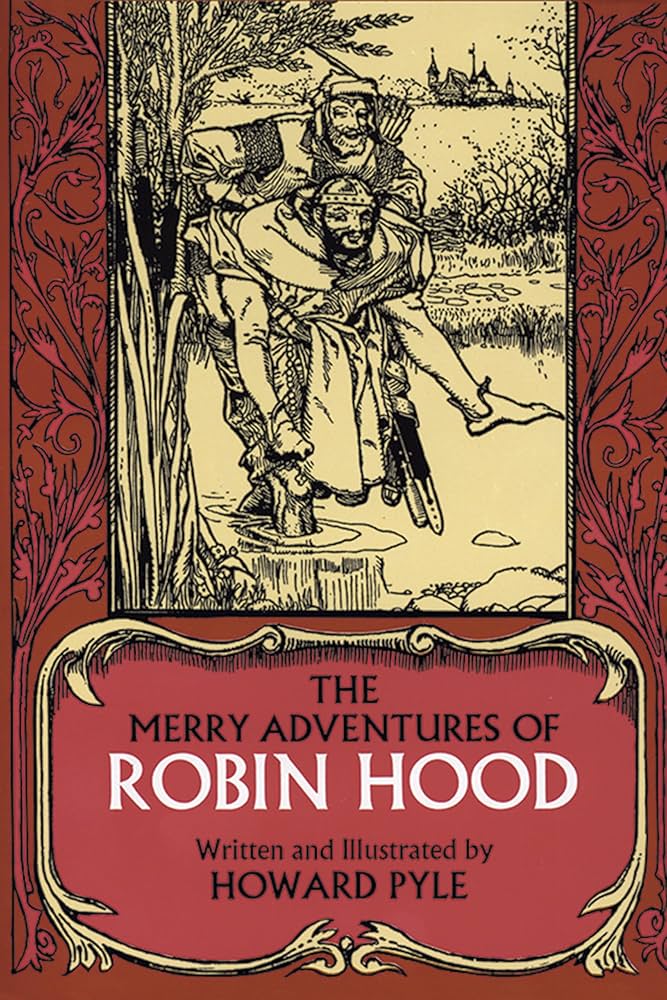
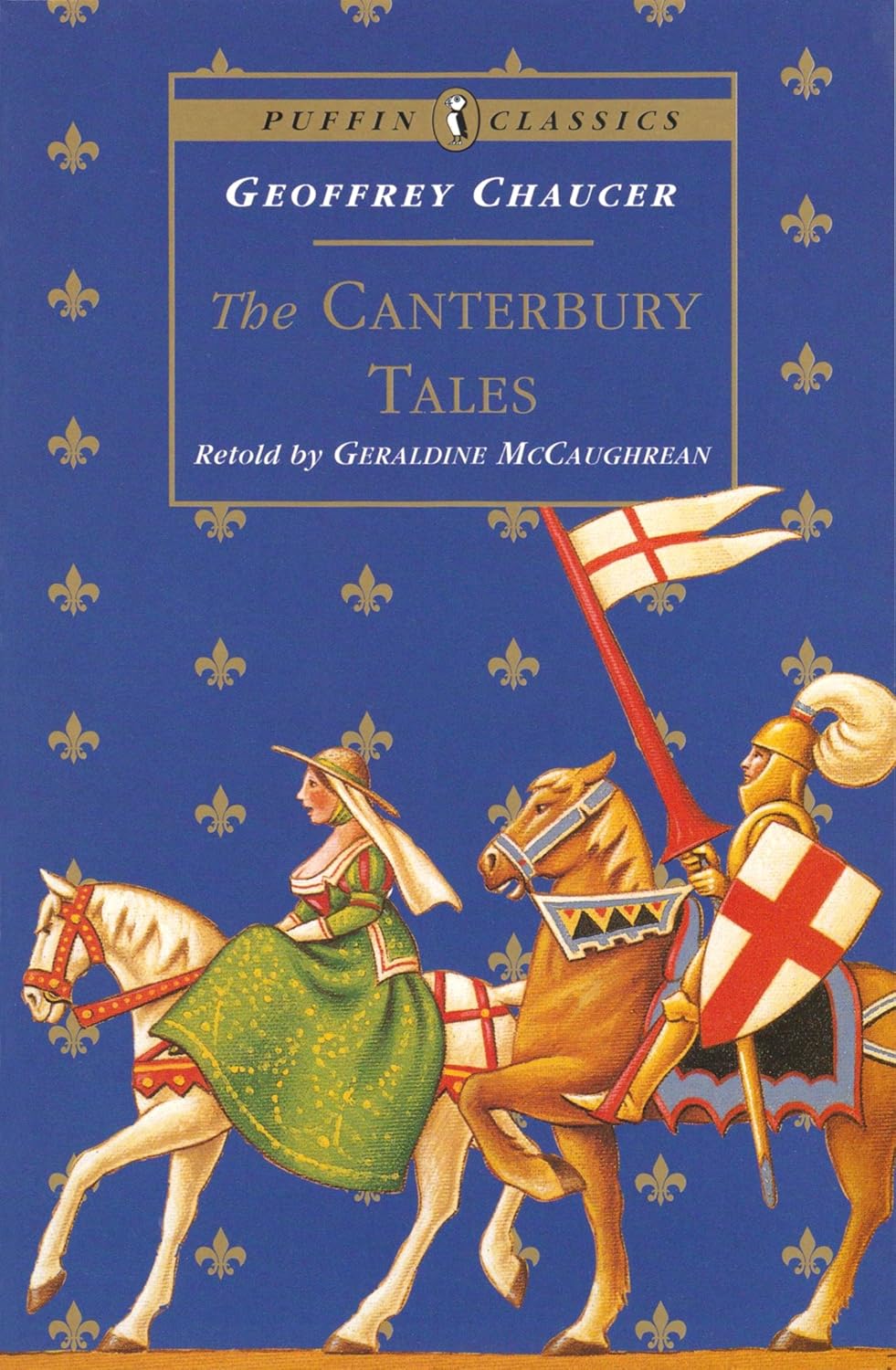
We have Read
Catherine, Called Birdy
by Karen Cushman
Ella Enchanted
by Gail Carson Levine
The Canterbury Tales
by Geoffrey Chaucer
retold by Geraldine McCaughrean
We are Reading
King Arthur and His Knights of the Round Table
by Roger Lancelyn Green
Upcoming
The Merry Adventures of Robin Hood
by Howard Pyle
About Mr. Robbins
Travis Robbins earned his Bachelor of Arts degree in History from UC Davis. After graduating, Mr. Robbins was a paraprofessional educator for the Sonoma County Office of Education. He also served as a director for the Forestville Water District where he oversaw initiatives to improve water conversation across the district, as well as managed a wastewater recycling program.
Now a teacher at VCS, he provides instruction to our 6th, 7th, and 8th grade classroom. He strives to instill his high level of enthusiasm for history in his students through a combination of self-directed research projects, collaborative academic games, and multidisciplinary assignments that show the social sciences never need to be boring.
Travis Robbins, middle school teacher at Village Charter School in Santa Rosa, has been named Sonoma County Teacher of...
Posted by Sonoma County Office of Education on Wednesday, March 30, 2022

